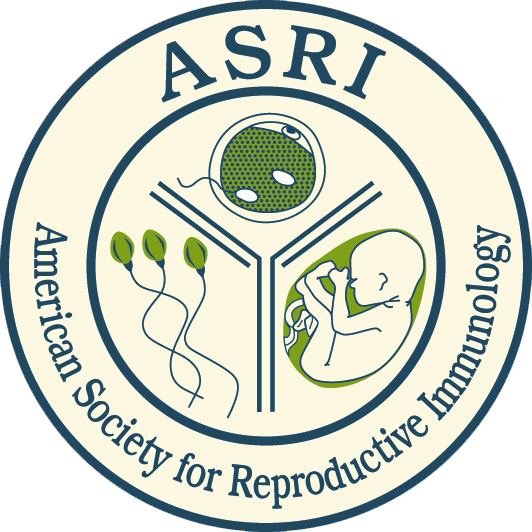Two postdoctoral fellowships are available in the broad field of host-microbial interactions (host organs== urinary bladder and placenta) and microbe (viruses/bacterial pathogens/commensal microbiota). Positions are available immediately. Come join a vibrant, highly productive, transdisciplinary team in the Mysorekar Lab (https://reproductivesciences.wustl.edu/laboratories/mysorekar-lab/). Research in our lab encompasses studies of mechanisms underlying biology and pathophysiology of the mammalian urinary bladder as well as the placenta during pregnancy. Our work ranges from basic to translational to clinical (https://www.ncbi.nlm.nih.gov/pubmed/?term=mysorekar+iu). The Mysorekar Lab is located in the Center for Reproductive Health Sciences, a hub for outstanding translational research in women’s and reproductive health at Washington University School of Medicine (WUSM) under the auspices of the Department of Obstetrics and Gynecology, ranked 3rd in NIH funding among all obstetrics and gynecology departments at US medical schools. WUSM has extraordinary distinction in the life sciences and biological sciences and is ranked fourth in the nation in NIH funding, and leads research globally in a wide range of frontier research arenas across all of its basic science and clinical departments.
In addition to high-quality research facilities, career and professional development training for postdoctoral researchers is provided through the Office of Postdoctoral Affairs, Career Center, Teaching Center, and campus groups. Additional information on being a postdoc at Washington University in St. Louis can be found at postdoc.wustl.edu/prospective-postdocs (https://postdoc.wustl.edu).
Candidates must possess a PHD or MD/PhD in areas of Microbiology, cell biology, stem cell biology, molecular biology... and have experience working in animal models. Interested candidates, please email your Curriculum vitae with a statement of research interests and names of three professional references to imysorekar@wustl.edu.
